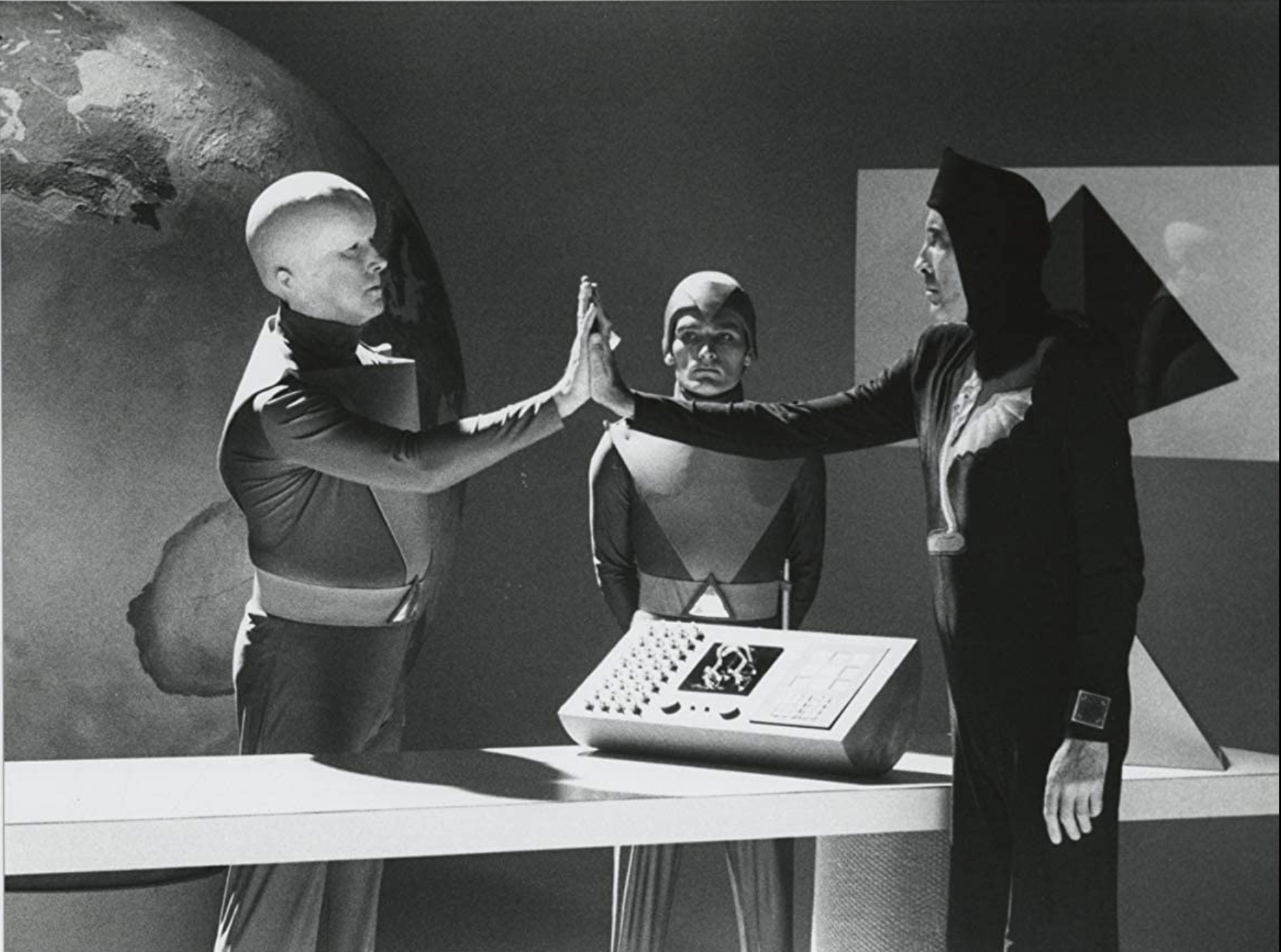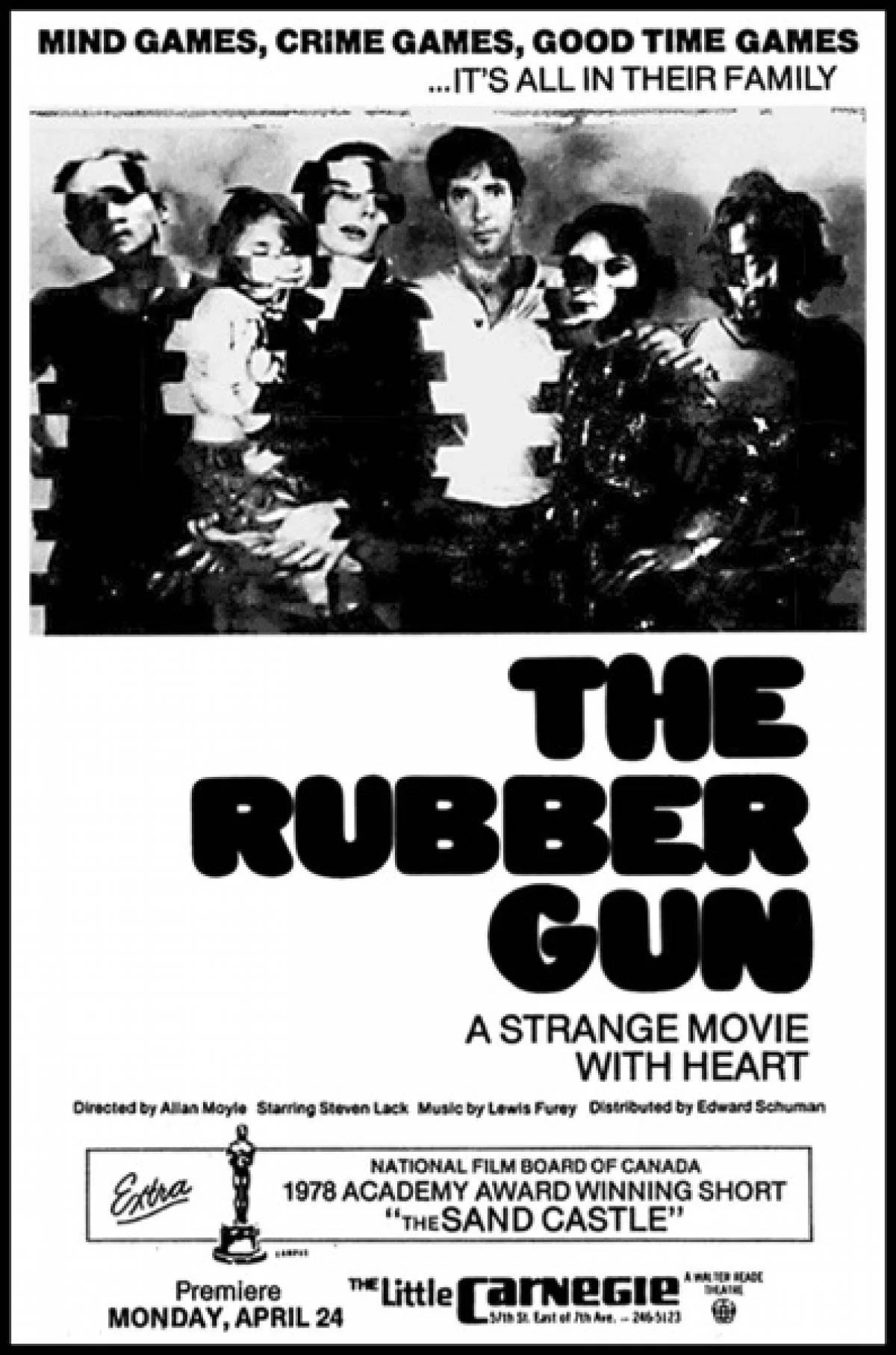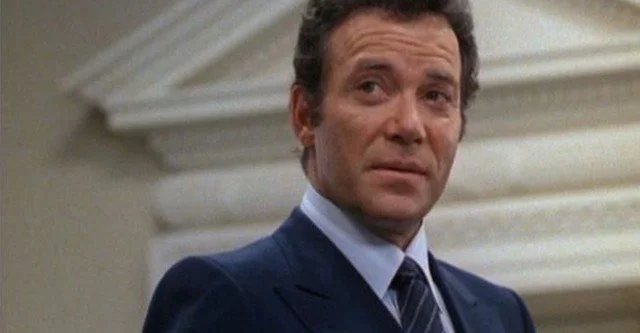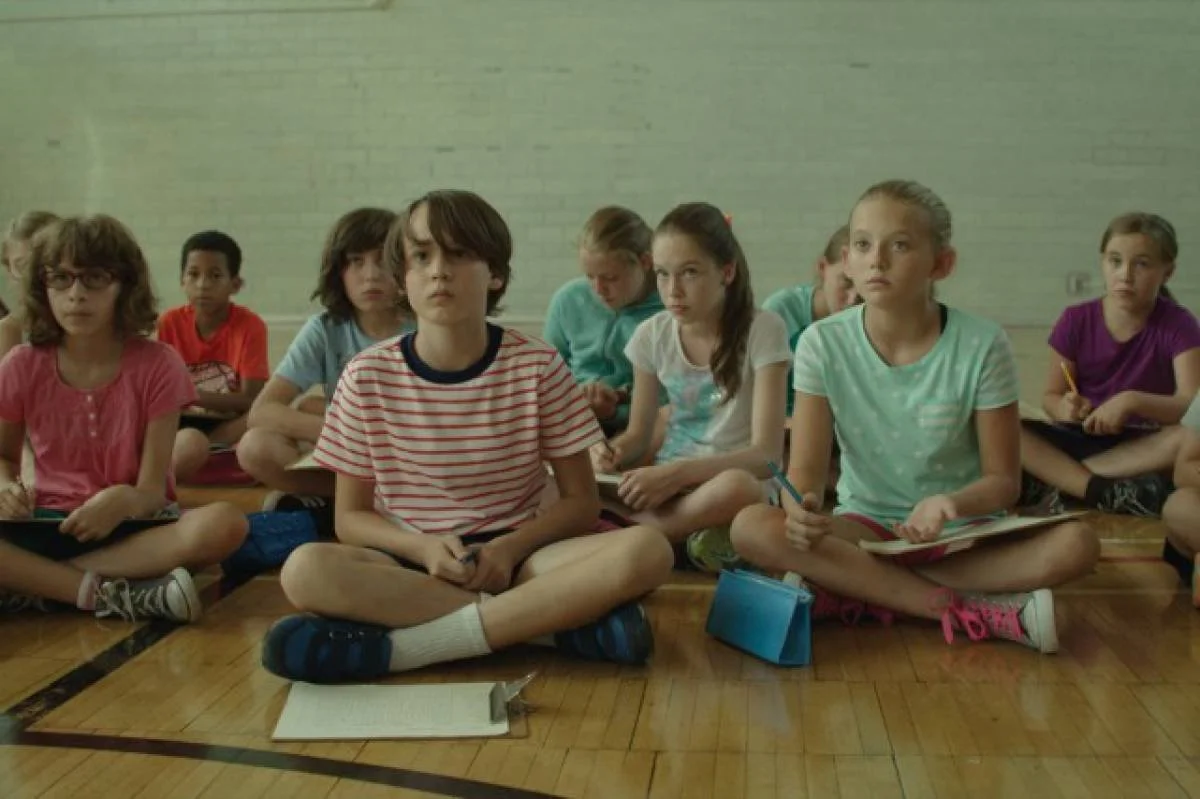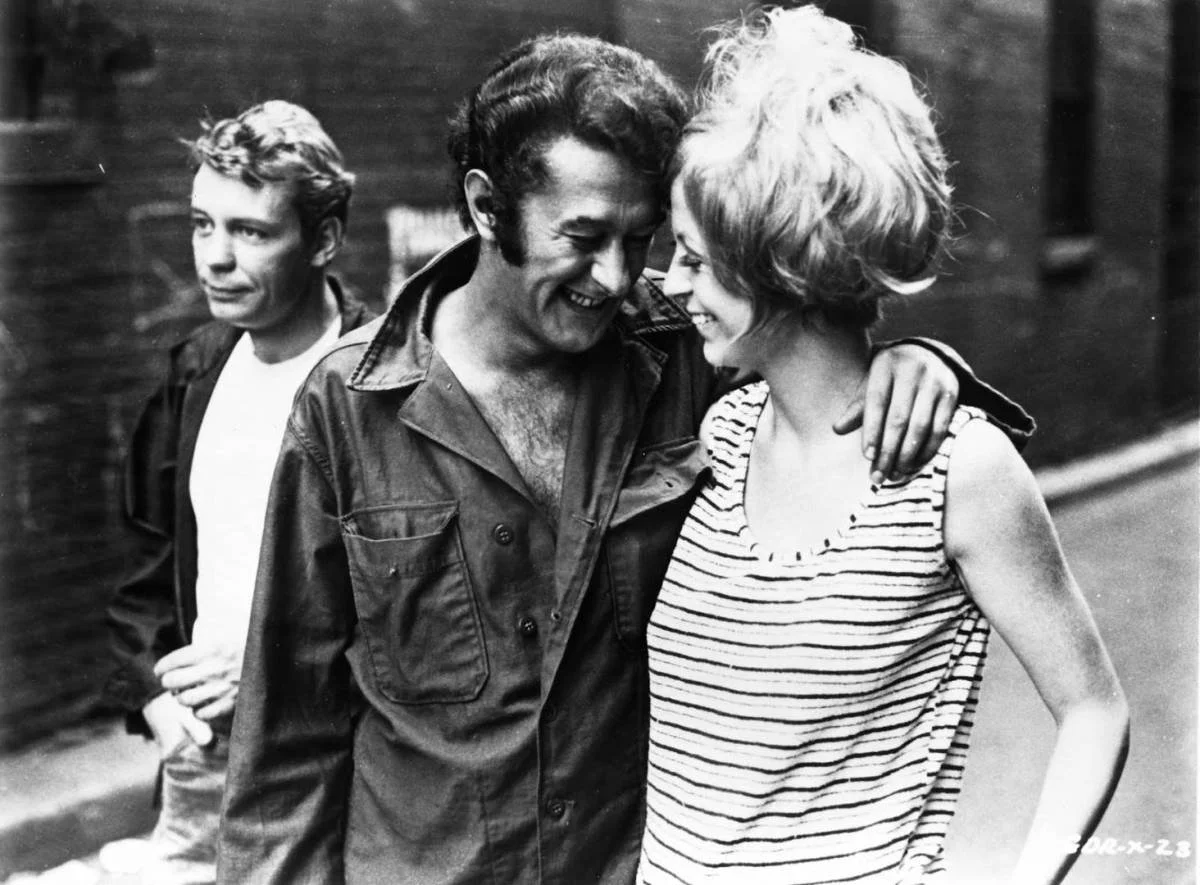Actually 29 films, as this piece was written with a couple of colleagues to promote Canadian Film Day. These are my entries, and, I hope, entirely unrelated to whatever makes a Canadian film good, let alone “the best.” My idiot of a chief editor insisted we include some titles (none here) to prop up the Straight’s “progressive” image.
The Bitter Ash (1963) Twenty-six-year-old UBC student Larry Kent kickstarted Canadian independent cinema with this racy, Cassavetes-inspired tale of working stiffs clashing with Bohemia in Vancouver’s West End. Toronto’s influential Nobody Waved Goodbye would come a year later.
Goin’ Down the Road (1970) What’s left to say? Don Shebib’s frostbitten depiction of two hapless Nova Scotians trying to make it in the big city is the Canadian story of all time. An SCTV parody was a classic in its own right, and even that couldn’t kill the film’s archetypal mojo.
The Apprenticeship of Duddy Kravitz (1974) Richard Dreyfuss will forever remain an honorary Canadian thanks to this fragrant adaptation by Ted Kotcheff of the Mordecai Richler classic. It still holds up, and in its own small way prepped us for a world where Weekend at Bernie’s could exist.
Shivers (1975) I’ll say it if no one else will: this aggressively nasty debut from David Cronenberg is still his most vital film, if only because it’s such a perfect distillation of the themes that would infect his cinema for years to come. The “monster” is a parasite spliced to an aphrodisiac married to a venereal disease—that, people, is genius…!
Outrageous! (1977) It looks like it’s held together with sticky tape, but this super low-budget vehicle for Toronto female impersonator Craig Russell gets right under your skin, thanks in no small part to co-star Hollis McLaren’s devastating turn as Russell’s schizophrenic roommate.
Starship Invasions (1977) Although indefensibly bad, Starship Invasions is also weirdly compelling, and therefore great, with an inappropriately horny vibe lurking somewhere beneath the boxy, ‘50s-era robots and Christopher Lee’s solemn performance as the alien Captain Ramses. A distracted Robert Vaughn allegedly “stars.” Too weird to live, and too rare to die, as Hunter Thompson didn't write in his review.
Skip Tracer (1977) There’s never been a better movie about Vancouver than this ice-cold tale of a debt collector bent on being the meanest (read: most successful) guy in the office. Skip Tracer achieved cult status in the UK and Germany, probably because those people don’t have to live here.
The Rubber Gun (1977) Everybody plays themselves in this incredibly gritty, quasi-fictionalized (and little seen) account of life inside Montreal’s drug culture, including director Allen Moyle (who would go on to make Pump Up the Volume) and actor-artist Stephen Lack—who’s a lot livelier here than he would be in Scanners two years later!
Big Meat Eater (1982) Easily the best film about “bloodthirsty Turks”, aliens, and zombies to ever emerge from Burquitlam. Or indeed the best (and only) film to ever emerge from Burquitlam, period. Did we mention that it’s a musical? Or that UJ3RK5 appears on the soundtrack?
Videodrome (1983) Nauseating gore effects made it a VHS-era cult hit, but it was David Cronenberg’s wittily prophetic attempt to source body horror from Marshall McLuhan that gave it staying power. At one point James Woods’ stomach-vagina swallows a gun. It’s that kind of film.
Strange Brew (1983) “Steamroller!” Bob and Doug McKenzie’s hit and miss big screen graduation is sloppier than hell, but it’s still better than Meatballs.
Crime Wave (1985) Eccentric Winnipeg filmmaker John Paizs achieves something like hardboiled whimsy in this tale of a screenwriter who’s good with beginnings and endings, but not middles. Paizs' gift for low-key lunacy would eventually get repurposed for Kids in the Hall.
The Decline of the American Empire (1986) A group of college professors discuss sex over dinner and, of course, things get a little out of hand. An international hit and a rave at Cannes, Denys Arcand’s brainy breakthrough is the kind of film they don’t make anymore, in spite of the fact that PEOPLE ARE STILL HAVING SEX.
Dead Ringers (1989) While the box office-friendly The Fly was spectacular fun, this tale of twin gynecologists and the woman they both obsess over is the more dangerous and difficult work, and by far the filmmaker’s most frighteningly honest view of misogyny gone into pathological overdrive.
Cold Comfort (1989) A prairie blizzard forces traveling salesman Paul Gross off the road and into an incestuous psychodrama between uber-creepy Maury Chaykin and his 16-year-old daughter, Margaret Langrick. A real skincrawler from B.C.’s Vic Sarin that deserves to be revived.
Archangel (1990) Any number of films from Guy Maddin’s singular cinematic universe could make this list, but Archangel still feels like a young genius really hitting his stride, from its perfectly rendered faux-Expressionism to a theme—amnesia—that actually seems to seep into the very experience of watching. I think. (I don’t really remember.)
The Kidnapping of the President (1980) It would be ignorant and unpatriotic to ignore the tax shelter era of Canadian filmmaking, and it would be a wasted opportunity if we didn’t mention this massively entertaining William Shatner vehicle, in which Captain Kirk has to somehow save the U.S. president (Hal Holbrook) from a booby-trapped Brinks truck parked outside Toronto City Hall. Maury Chaykin also shows up, like he so often does.
Léolo (1992) Madness, masturbation, and impregnation by tomato form the basis of Jean-Claude Lauzon’s fanciful work of autobiography, easily one of the spiciest and, at times, unsettling films to emerge from Quebec.
Double Happiness (1994) Chinese-Canadian life had precisely no representation on the big screen when this unassuming gem—about a dutiful daughter straining against her parents’ traditions—came out of nowhere in 1994. Sandra Oh became a star, while first time writer-director Mina Shum didn’t do too badly out of it, either.
Crash (1996) David Cronenberg’s cinematic gestalt collides with JG Ballard's clinical literary style in a film that famously divided Cannes, thanks to its subject matter (the eroticization of deadly car accidents, what’s the big whoop?)
Vinyl (2000) Never will there be a more honest and heartbreaking film about the record collector mentality than this first feature from the increasingly awesome documentarian Alan Zweig. Sometimes painfully hard to watch, impossible to forget—anybody who’s seen it will never be able to hear the name Queensrÿche again without cracking up.
Ginger Snaps (2000) The ultimate period film? Pubescent female sexuality has provided the subtext to way too many horror movies, but Ginger Snaps is smarter and a lot more sensitive than most, arguably because it was written by a woman (Karen Walton) and not a male CIA officer (William Peter Blatty).
The Corporation (2003) An authentic game-changer, this Vancouver-made doc hipped pretty much everyone to the notion of corporate personhood and then demonstrated that the “person” in question was an out-of-control psychopath. Crucial stuff. Now—what are we gonna do about it?
Les démons (2015) One of the most purely evocative depictions of childhood ever made, with all its unnameable fears and desires set inside a strangely timeless and sun-bleached interzone that looks a lot like a Montreal suburb but is really situated square in the middle of director Philippe Lesage’s haunted mind.
Eastern Promises (2007) Had enough Cronenberg yet? Canada's most valuable natural resource (after uranium) was on a serious roll with this London-set tale of human trafficking and the Russian mob, which boasts Viggo Mortensen’s best ever onscreen performance and one hell of a nude bathhouse fight.
Beyond the Black Rainbow (2012) A mind-fucking psychedelic-sci-fi flashback to '80s kitsch, complete with shiny plastic sentinel drones, flashing tetrahedrons, and delirious synth music courtesy of Black Mountain/Sinoia Caves’ Jeremy Schmidt. You'll never look at Bloedel Conservatory the same way again.
The Husband (2014) Bruce McDonald revealed a new and subtler dimension to his filmmaking with this bitterly hilarious tale of a man whose wife has an affair with a 14-year-old boy. Much more sensitive than it sounds, thanks to a fine script by the film’s star, the eternally destroyed-looking Maxwell McCabe-Lokos.
Into the Forest (2016) The world ends with even less than a whimper In Patricia Rozema’s haunting film, in which two sisters (Ellen Page and Evan Rachel Wood) wait out the collapse of society in a crumbling luxury home somewhere around Squamish.
Werewolf (2016) The spiritual successor to Darrell Wasyk’s lost grimefest H, this widely buzzed about debut by Ashley McKenzie, about two junkies wasting away together in Cape Breton, is a marvel of intimate, compassionate storytelling.
Georgia Straight, April 2017
